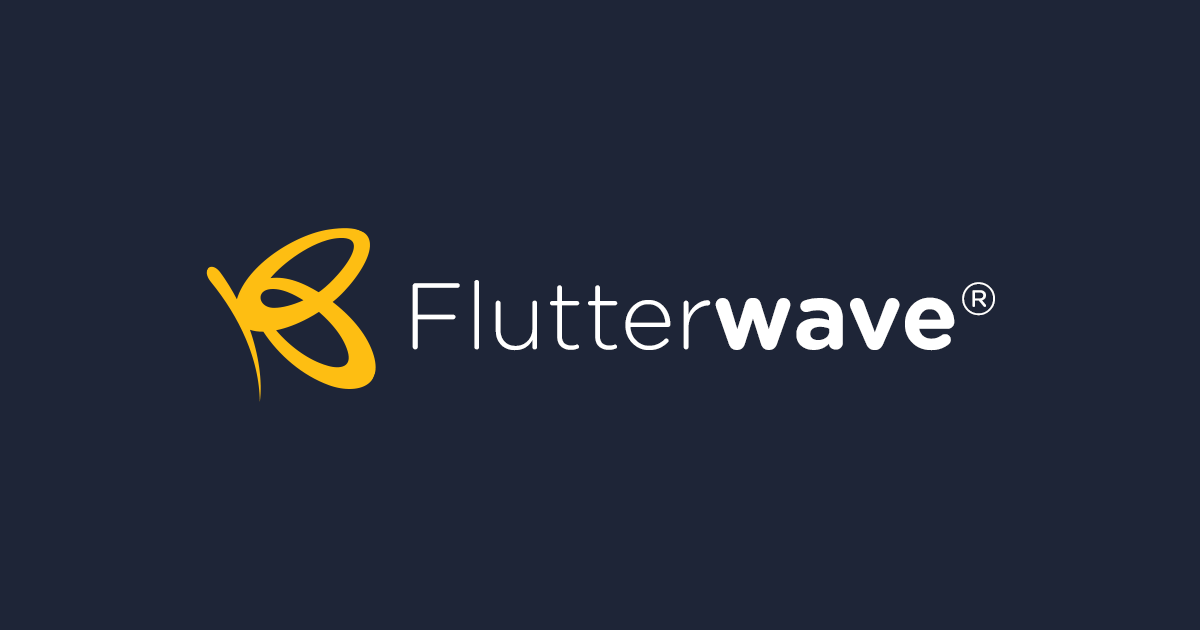- Technology as Disruptive Tool for Used Car Market
Just as the advancement in new technologies is disrupting many businesses across various sectors of the economy, technology is also fast becoming a major influencer of the already thriving used car market in Nigeria, writes Emma Okonji.
Global technology evolution is gradually defining how businesses are run and at the same time setting the pace for business growth and development. The recent global technology disruption is helping businesses to automate office functions such as record keeping, accounting and payroll. Business owners are now using technology to create secure environments for maintaining sensitive business or consumer information. With technology, business owners can create positive disruptions that will rake in more money into the business and at the same time meet customers’ demands. Such is the case with Nigeria’s auto business, where Nigeria spends an estimated N1.2 trillion on importation of vehicles, according to recent statistics.
Another statistics released recently by PricewaterhouseCoopers (PwC), Nigeria’s professional services firm, which highlighted the huge spend on vehicles importation into the country, mentioned that more than 70 per cent of imported vehicles are used ones, also known as ‘Tokunbo Cars’. This trend has created a thriving used-car market, spurred more by Nigeria’s new automotive policy, a development that saw car import tariff hiked by 35 per cent.
Over the past five years, technology has proven handy in playing a vital role in the success of the used-car market. Specifically, technology is being used to create online marketplaces, curating inventories of used-cars and connecting buyers with sellers.
Impact of technology
Technology has impacted so much on businesses, including the auto business in Nigeria, where the sales of Tokunbo cars thrives.
“In today’s auto business, whether you are selling brand new cars or Tokunbo, you cannot succeed without technology. Technology for dealers has become a very vital tool, more important than even a car dealer shop,” said Lukmon Oloidi who is a used-car dealer in Lagos.
According to him, technology has made it easy for dealers to show their inventories to people outside the main cities of Lagos, Abuja, Port Harcourt and Kaduna and even to some cities in neighboring countries.
Also, a marketing executive with one of Nigeria’s top online vehicle dealerships, Chinenye Ohala, said: “Technology has created a win-win situation for all parties and now both buyers and sellers can emerge satisfied winners. Thanks to technology, buyers can now access inventories from several competing online vehicle dealerships, compare prices and make smarter purchase decisions.”
General challenges
However, despite these successes, some challenges have persisted in the Nigerian auto business. While creating solutions to existing problems, it is not without its own inherent challenges, the major one being fraud which is a headache for most dealers today.
First, while the foreign used tokunbo cars have some form of structure around their distribution, the Nigerian-used tokunbo car market has remained highly fragmented. This has not only created greater problems for sellers but has also inspired a great deal of mistrust in the mind of buyers.
“Nigerian-used car market thrives in so much opacity. In most of the cases, there is no way of ascertaining the true condition of a car or how to make the right valuations,” noted a Lagos-based car dealer.
This remained the situation until another online vehicle marketplace with a unique model- Cars45 was launched in Nigeria in 2015.
Narrating his experiences and challenges in the Nigerian auto business, Head of Marketing at Cars45, an online platform for the sales of Tokunbo cars, Mr. Abiodun Onifade, said: “Unlike other car markets that focus on used cars sales only, Cars45 focuses on buying locally used cars from their owners in a fast and transparent process that is unparalleled in the history of tokunboh car business in Nigeria.”
Addressing the challenges with technology
The Managing Director of Cars45, Etop Ikpe, in his views on how to address the issue of pricing with Tokunbo cars, stated that, “We are easing the friction associated with selling used cars by focusing on three key areas. One of those areas is pricing. Ask any buyer or seller of Nigerian-used cars, and they will tell you that pricing is the thorniest issue in the process”.
According to him, Cars45 has been able to standardise the prices associated with used cars through a proprietary pricing algorithm.
“There is also the challenge of transparency. Most buyers already believe every used car dealers in Nigeria have something to hide. Cars45 addresses this challenge through a reliable car inspection service that helps to put the minds of both buyer and seller at rest,” he said.
According to Ikpe, “We run online live auctions which gives customers 100 per cent visibility into the price offers they receive for any car we inspect at our inspection locations.”
He said: “More so, Cars45 addresses the need for speed. In a market where it would traditionally take up to a month or two to find a serious buyer for a used-car, one can now sell a car in less than an hour without running the risk of underselling. On the average it takes about 30-45 days for users to sell their cars. At Cars45 however, we guarantee a price offer and cash in the bank process within an hour once a customer visits anyone of our inspection locations.”
Customers’ adoption
Nigerians have responded positively to this innovation, showing the great and effective impact technology can have in transforming the Nigerian auto market.
“Just like any great service solving a genuine problem, we have seen massive customer adoption of our model and this justifies our rapid expansion to 27 Centers across Lagos, Abuja and Port Harcourt in just 12 months while thousands of inspections have gone through our platform,” said Ikpe.
With the evolution of modern technologies, it is expected that Nigerians will experience more positive disruptions in their businesses beyond the auto business.


 Naira4 weeks ago
Naira4 weeks ago


 Naira4 weeks ago
Naira4 weeks ago


 Naira3 weeks ago
Naira3 weeks ago


 News4 weeks ago
News4 weeks ago
 Travel4 weeks ago
Travel4 weeks ago




 Naira3 weeks ago
Naira3 weeks ago


 Jobs3 weeks ago
Jobs3 weeks ago
 Naira3 weeks ago
Naira3 weeks ago





















